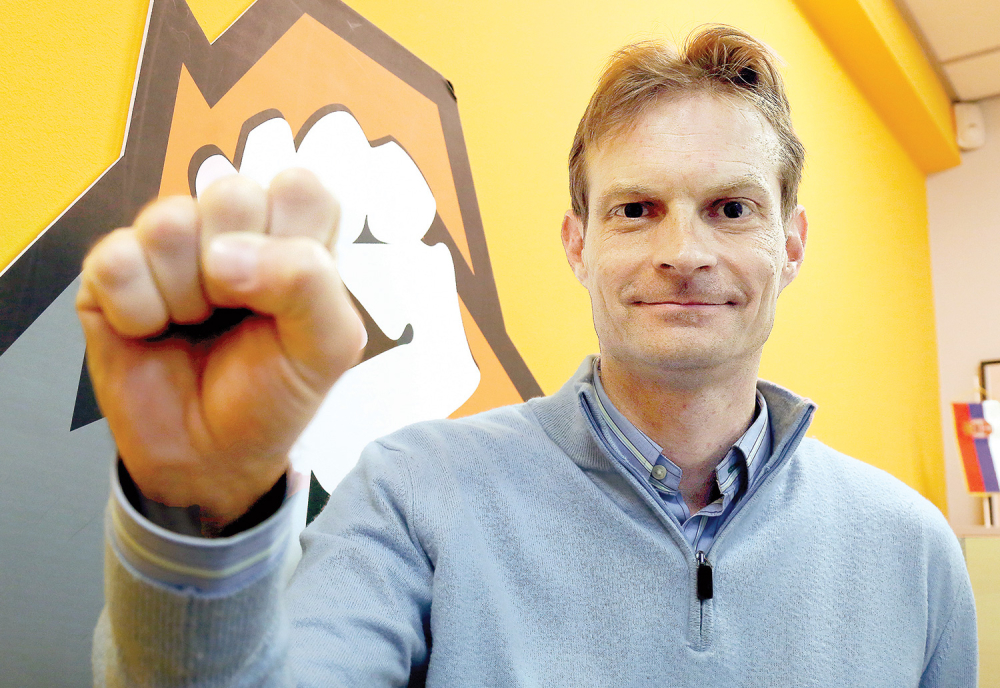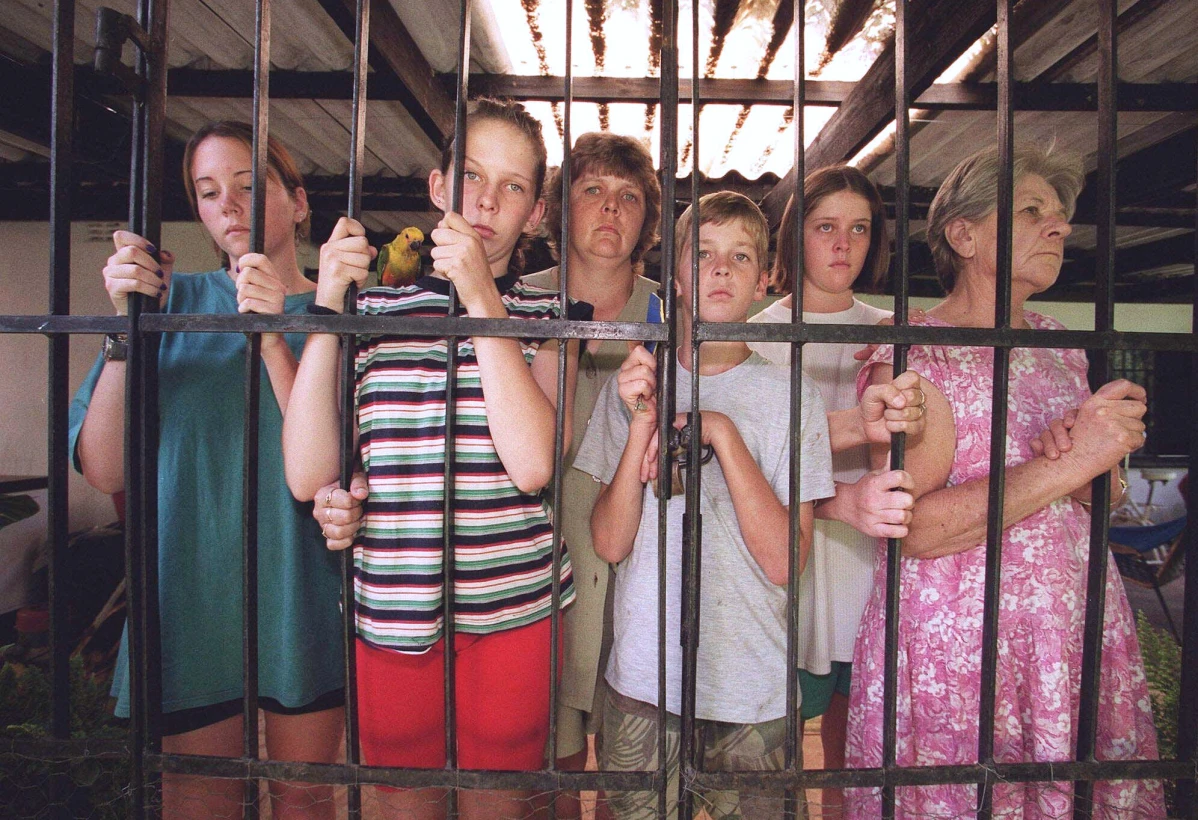BULAWAYO – A panicked Zimbabwe government claims foreign agents are in the country to help the opposition overthrow President Emmerson Mnangagwa’s regime during protests set to begin on Friday.
Home Affairs Minister Cain Mathema, in a weekend statement, claimed the foreigners “include one who is known for masterminding the Arab spring and the recent Sudan clashes” – thought to be a reference to Srđa Popović, the 46-year-old Serbian political activist credited for helping topple the tyrant, Slobodan Milosevic. Popović has also been cited as a key player in the so-called Arab Spring – a youth-led revolution that spread across North Africa and the Middle East in the early 2010s.
Intelligence sources told a ZimLive correspondent that Popović was in Bulawayo, but we have been unable to verify the claims which the opposition says is a smokescreen by the government to clamp down on protests.
Opposition leaders have called for protests starting on Friday in Harare, to be followed by similar street marches in Bulawayo on August 19 and Gweru on August 20.
The main opposition Movement for Democratic Change (MDC) has notified police of the planned protests which the party says are to protest a deepening economic crisis and force Mnangagwa to collapse his government in favour of a broad-based transitional authority to govern until the next elections.
Police are yet to respond to the MDC notice but already Mathema, whose ministry oversees the police, claims foreign agents have been enlisted to cause anarchy.
In May, police arrested seven rights campaigners returning from the Maldives where they attended a workshop organised by Popović’s Centre for Applied Nonviolent Action and Strategies (CANVAS). They were accused of accused undergoing training “on how to mobilise citizens to turn against the government of Zimbabwe and to engage in acts of civil disobedience and or resistance to any law during the anticipated national protests by anti-government movements.” Prosecutors also alleged the group had “also trained on how to operate small arms and to evade arrest during civil unrest” as well as being “taught on counter-intelligence and acts of terrorism.”
“The foreigners include one who is known for masterminding the Arab spring and the recent Sudan clashes. Let me remind foreigners who are clearly dabbling in local politics that Zimbabwe is a sovereign state and will not allow people disguised as tourists to come promote anarchy and destruction of property in the country,” Mathema warned in the statement dated August 9.
Mathema said the government was reading itself to deal with any violent actions that could arise from the MDC march, claiming the government’s security assessment was that conflict would break out.
“While the police is yet to give an official response on the notifications submitted by the opposition, the situation on the ground indicates a lot of underhand activities under the guise of ‘peaceful demonstrations’ are taking place with a view of fomenting violence, destruction of property, looting and attack on innocent civilians, motor vehicles, private property and government buildings,” he claimed.
“This has been buttressed by fliers and pamphlets seen in Epworth, Mbare, Kuwadzana, Glenview and Chitungwiza where opposition political activists have been implored to bring offensive and dangerous weapons for use against law enforcement agents during the purported demonstrations.”
Opposition protests on August 1 last year, shortly after voting ended in disputed elections, and demonstrations against a 150 percent increase in the price of fuel decreed by Mnangagwa in January this year left nearly two dozen people dead and over a 100 nursing gunshot wounds after the government deployed soldiers, ostensibly because police were “overwhelmed”. Despite demands for justice, none of the soldiers or their commanders involved in the killings have been arrested.
Police have received new riot gear and weapons, according to media reports. It has also been claimed that some soldiers have undergone training on police procedures with plans by the government to issue them police uniforms and then deploy them to brutalise protesters.
Mathema said “the police and other security services” were “ready to deal with unruly elements who want to cause alarm and despondency in the country.”
MDC leader Nelson Chamisa has maintained that the protests will be peaceful, but his party says it fears that government agent provocateurs will be planted among the protesters to instigate violence and create conditions for a heavy-handed response from the government.
Mnangagwa came to power in 2017 on the back of a military coup. Soldiers seized control and allowed unprecedented protests after placing former President Robert Mugabe under virtual house arrest.
Many who marched then hoping for a new dawn now say Mnangagwa is worse than Mugabe, after the economy tanked and the new leader resorted to draconian laws that even his internationally reviled predecessor rarely used against opponents. Rights lawyers say close to 30 people have been charged with treason since Mnangagwa took over – far more than the number charged under the same laws in Mugabe’s 37 years in power.
















